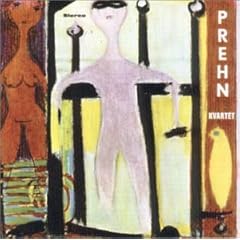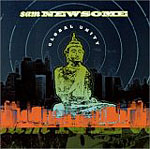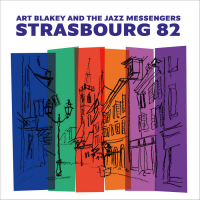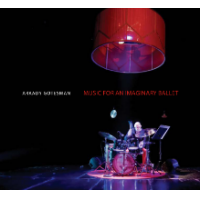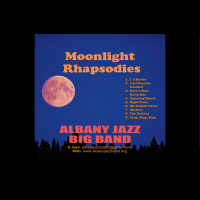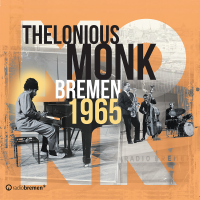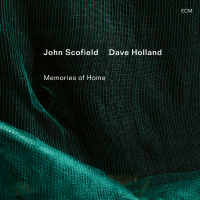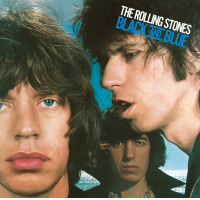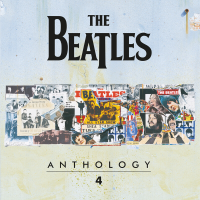Home » Jazz Articles » Album Review » Tom Prehn: Tom Prehn Quartet (1967)
Tom Prehn: Tom Prehn Quartet (1967)
The ordering of the tunes on this disc allow the listener to gradually step up to the high intensity free energy Prehn's group is capable of releasing. The quartet engages in quick, punchy, jumpy exaltations on the opener, "F. Eks." Each player pounces like a hungry animal on isolated, disjointed shards of sound. Then, on "Modus Vivendi," Prehn delivers simple repeated treble piano clusters which periodically drop off the cliff into a single dissonant bass bomb—leaving the rest of the group to pick up the pieces. Later tunes explore open-ended group improvisation over an extremely wide dynamic range. Tom Prehn Quartet offers a great deal of explosive, surging energy; as well as a handful of spacious, introspective moments.
Tenor player Fritz Krogh often has his hand on the pulse... and when he unleashes the full blistering energy of his instrument, the rest of the group generally follows with crashing, boiling accompaniment. When he lays out or lays back, the other players utilize the opportunity to explore subtler dimensions of melody, tone, and density. The centerpiece of the record, "Forloeb," sounds like an exposition of schizophrenic dual personality: after a initially violent thunderstorm of activity, the clouds subside just long enough for Prehn to proffer a tender, pianissimo piano solo—and then it's back to the pounding, thrusting, and punching all over again.
Prehn's distinctive piano style relies on harmonically dense clusters at every turn. He rarely plays a simple melody line; instead, he harmonizes almost everything at densities that push the limits of tonality. An exceptionally lyrical theme on "L'Homme Armé" offers proof that Prehn can "sing" in the conventional sense, but generally he strays far off the beaten path. And unlike other cluster/energy players, Prehn duly respects a direct, if somewhat irregular, rhythmic organization.
The disc Tom Prehn Quartet has much to offer both as an important historical document as well as a generous demonstration of imaginative, open-ended improvisation. Be warned that the dynamic range on this record is sufficiently broad that in order to hear the details of its most subdued moments, you'll end up blasting holes in the wall when the band goes full-throttle.
Track Listing
F. Eks.; Modus Viviendi; Forloeb; Herfra Til Marathon; L'Homme Arm
Personnel
Tom Prehn: piano; Fritz Krogh: tenor saxophone; Paul Ehlers: bass; Preben Vang: drums.
Album information
Title: Tom Prehn Quartet (1967) | Year Released: 2001 | Record Label: Atavistic Worldwide
Tags
PREVIOUS / NEXT
Support All About Jazz
 All About Jazz has been a pillar of jazz since 1995, championing it as an art form and, more importantly, supporting the musicians who make it. Our enduring commitment has made "AAJ" one of the most culturally important websites of its kind, read by hundreds of thousands of fans, musicians and industry figures every month.
All About Jazz has been a pillar of jazz since 1995, championing it as an art form and, more importantly, supporting the musicians who make it. Our enduring commitment has made "AAJ" one of the most culturally important websites of its kind, read by hundreds of thousands of fans, musicians and industry figures every month.


